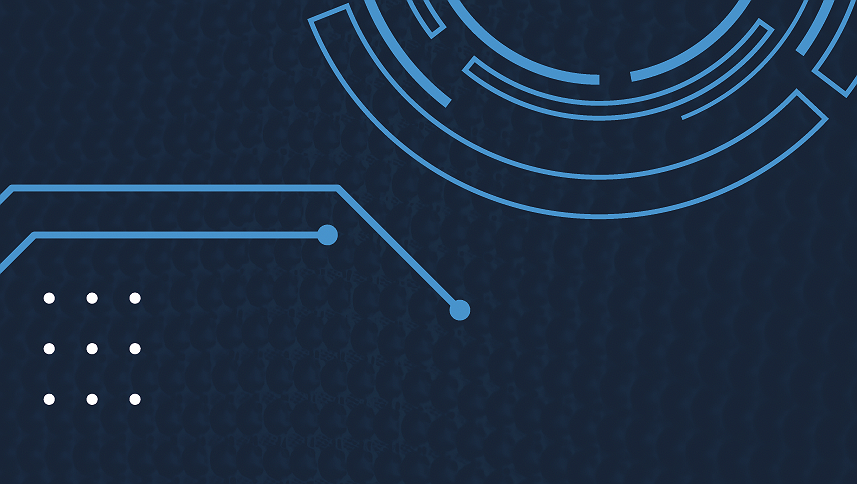
Building Capacity for Monitoring & Documenting Human Rights Violations
Internet shutdowns are on the rise. In the past few years, an escalation of this blunt censoring practice has affected different regions of the world including Africa. Shutdowns have become one of the most excruciating repressive tactics that governments use to restrain civic participation and the free flow of information. This report that is done by Bright Thulani, intends to provide a launch pad which can guide Human Rights Practitioners (HRPs) or Human Rights Monitoring Organizations (HRMOs) with circumvention tactics that can be utilized during blackouts.
The purpose of this assessment is to evaluate the efficacy of strategies used by HRPs/HRMOs for communicating during blackouts. The goal of this project envisages to see a ZimbabweanCivilSociety that is prepared to document and monitor human rights violations without hiccups during internet shutdowns. To achieve that, the researcher conducted a needs assessment which was responded to by 83 HRPs in Zimbabwe, with a wealth of experience in human rights monitoring. The scope of the assessment focused on Zimbabwe, but the author considers some of the findings and recommendations useful to other African countries. It is important to note that the results described in this report are not representative of a wider population of HRPs in Zimbabwe. As such, Thulani implores you to understand that percentages used throughout this report represent a relatively purposive, small, nongeneralizable sample size. Building from these efforts, it is welcomed reproduction of such work which is prudent for HRPs in Zimbabwe to technically appraise their efforts and consider conducting needs assessments tied to mitigating online censorship, strategic litigation on shutdowns, mitigating internet shutdowns, detecting internet shutdowns and development of internet shutdown action plans.
You can read the report here.
Related courses

90 mins
 School of Data
School of Data
90 mins
 School of Data
School of Data Rory Peck Trust
Rory Peck Trust
50 mins
 Rory Peck Trust
Rory Peck Trust
Blogs

6 useful resources for journalists covering Covid-19
With a global pandemic spreading throughout the world, journalists are under increasing pressure to report accurate and relevant news for the masses. Often when covering a crisis, those on the reporting frontlines compromise their physical safety and mental health. To show some solidarity, the Advocacy Assembly team curated a list of useful resources from other organisations leading the way on this.

5 ways to find data for your next story
Data journalism is fast becoming a big trend in newsrooms across the globe. However, data isn’t always so easy to find. Here are five ways to get data for your next article.



